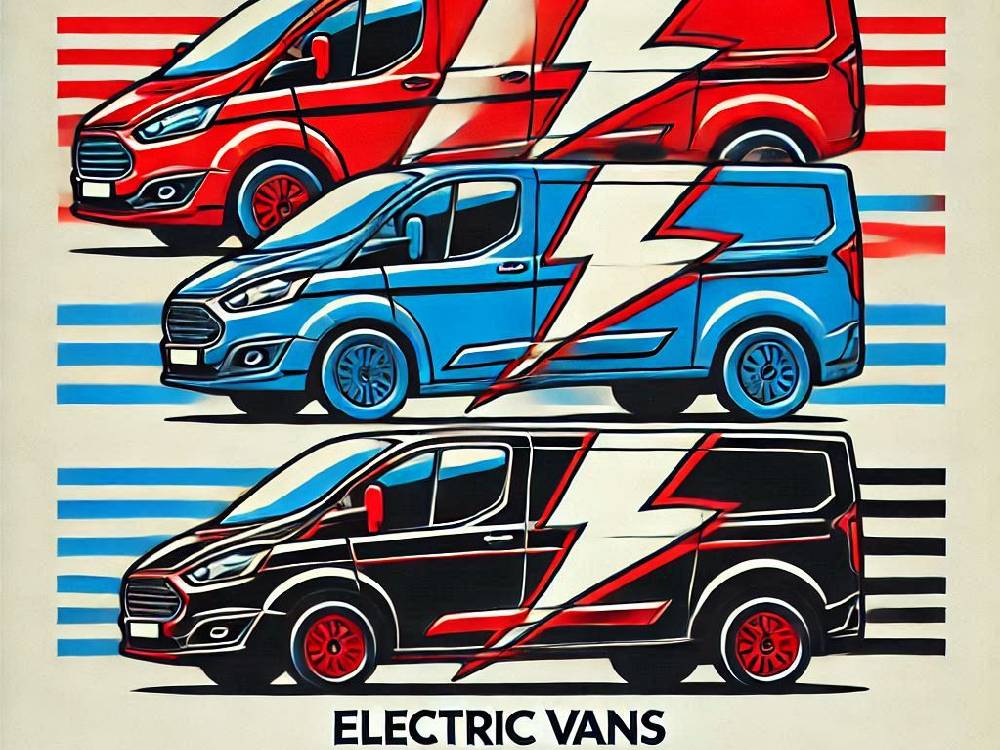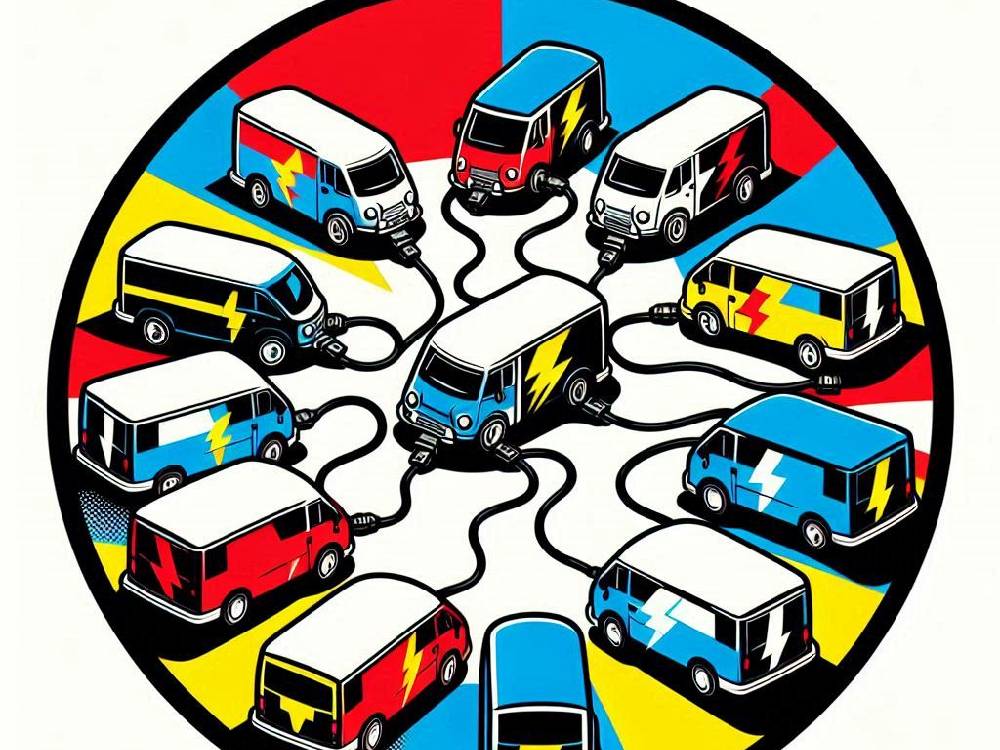Introduction
UK businesses are about to experience a significant shift in van transport solutions.
Indeed, the Farizon SV, a cutting-edge electric van, is set to enter the UK market in 2025.
With this development, the future of commercial fleets looks more sustainable than ever.
In partnership with Farizon Auto, Jameel Motors is bringing this innovative vehicle to the UK.
As a result, fleet operators will benefit from advanced technology and a renewed focus on efficiency and sustainability.
Clearly, the Farizon SV is poised to revolutionise the industry.
Why is this important?
The Farizon SV offers advanced technology, unmatched performance, and a sustainable solution for commercial transport.
Here’s a quick summary of what’s to come:
- Why the Farizon SV is perfect for UK businesses.
- Its cutting-edge battery and platform innovations.
- Driver-first safety and comfort features.
- Launch options, including sizes and battery capacities.
Introducing The Farizon SV Electric Van
Farizon Auto has been at the forefront of electric commercial vehicles since its founding in 2016.
Their flagship model, the Farizon SV, is ready to shake up the UK market.
But why should you care?
This isn’t just another electric van.
It’s a solution specifically designed to meet the unique needs of UK businesses.
Moreover, as the government continues to push toward zero-emission targets, businesses must adapt to stay competitive.
And here’s where the Farizon SV steps in.
It provides zero-emission transport while still maintaining a high level of practicality.
Furthermore, Jameel Motors, a trusted name in automotive distribution, is making this transformation a reality.
Through their collaboration with Farizon Auto, they are ensuring that the UK gains access to a reliable and state-of-the-art vehicle.
Cutting-Edge Innovations
The Farizon SV isn’t just innovative.
It’s a leap forward in electric vehicle technology.
Here’s why:
- Cell-to-Pack Battery Technology
- Boosts battery capacity by 10%, meaning longer trips without recharging.
- Cuts vehicle weight by 4%, making it more energy efficient.
- Enhances body rigidity by 20%, ensuring a stronger and safer design.
- Dual-Redundancy Drive-by-Wire Platform
- Increases steering response by an incredible 300%.
- Reduces stopping distances by 10%, improving safety in critical moments.
- Extends range by 5%, making it ideal for long-haul operations.
- High-Strength Steel and Hybrid Materials
- Decreases overall weight by 8%, allowing for better payload capacity.
- Maximises energy efficiency without sacrificing performance.
Each of these features makes the Farizon SV a leader in its class.
And it’s not just about technology.
It’s about solving real problems for businesses.
Van Designed For Driver Comfort And Safety
Farizon Auto didn’t just stop at designing a van.
Instead, they went further by creating an entire experience.
Why does that matter?
Driver comfort and safety play a crucial role in the world of commercial transport.
For this reason, the Farizon SV has been carefully designed to keep drivers comfortable throughout their journeys.
Additionally, its cabin includes ergonomic seating and intuitive controls, ensuring a seamless driving experience.
And there’s more.
Essential functions use physical buttons to minimise distractions.
Modern technology handles the rest, offering convenience at your fingertips.
But safety?
That’s the top priority.
With advanced features and enhanced visibility, the SV is built for confidence behind the wheel.
Versatility And Future Plans
The Farizon SV is far from a one-size-fits-all solution.
On the contrary, it offers the versatility needed to cater to the diverse requirements of UK businesses.
Here’s why that matters.
At launch, businesses will have several options to choose from.
Three different lengths.
Three heights.
And two battery pack sizes: 67 kWh and 83 kWh.
But that’s not all.
A larger 106 kWh battery will be available later, offering even greater range.
Need to carry heavier loads?
The SV’s innovative design optimises cargo space and load capacity.
Whether you’re in delivery, construction, or logistics, this van adapts to your needs.
Future-ready features also mean you’re investing in a vehicle built to evolve with your business.
Benefits For UK Businesses
Why should UK businesses take notice?
The Farizon SV offers significant advantages over traditional vans.
First, there’s the range.
The larger battery option offers an impressive range of up to 250 miles on a single charge.
Moreover, with the 106 kWh battery, it is expected to deliver an extended range of 347 miles in other markets.
As a result, this innovation represents a game-changer for businesses involved in long-distance operations.
But that’s just the beginning.
The lightweight design and advanced materials mean better fuel efficiency.
Lower running costs.
And improved overall performance.
Then there’s the cargo space.
The bespoke “born electric” platform provides more room for goods.
This translates to fewer trips and greater efficiency for businesses.
All while contributing to the government’s zero-emission goals.
It’s not just about cost savings.
It’s about staying competitive in a rapidly changing market.
Conclusion
The Farizon SV isn’t just another electric van.
It represents a smart and forward-thinking solution specifically designed for UK businesses.
In addition, its cutting-edge technology and driver-focused design ensure it meets the evolving demands of modern fleets.
Thanks to its impressive range, the Farizon SV is strategically positioned to revolutionise the commercial vehicle market.
Furthermore, if your business is planning to transition to zero-emission solutions, the Farizon SV undoubtedly deserves serious consideration.
Looking for more insights?
Check out these related articles:






